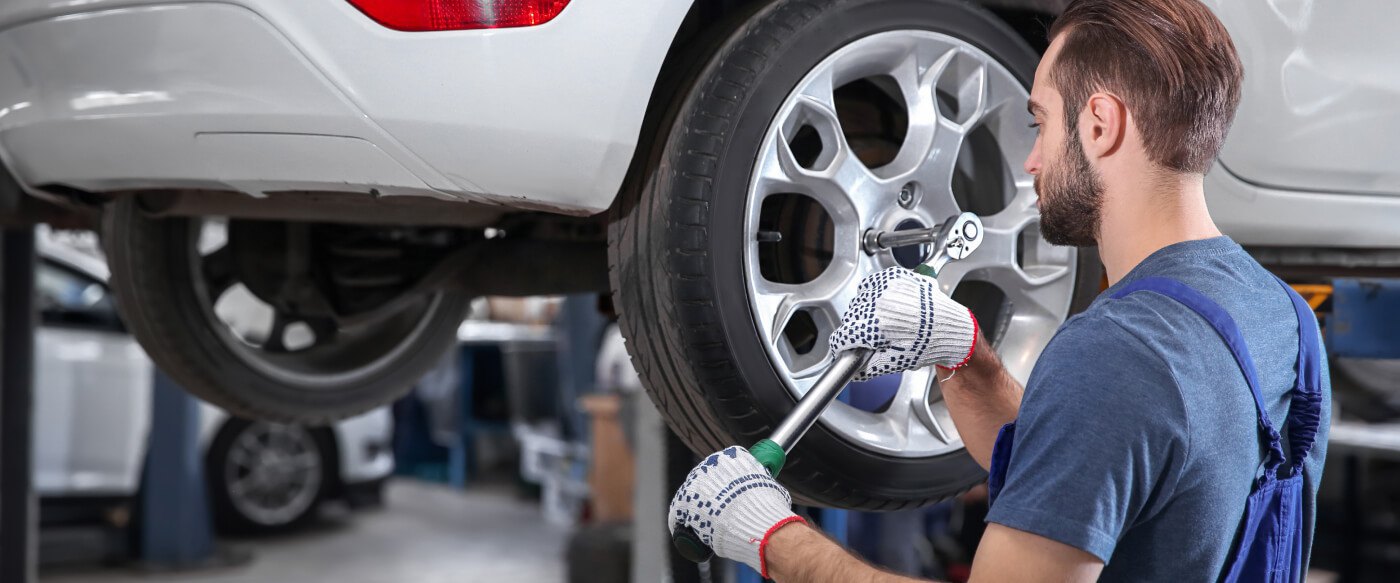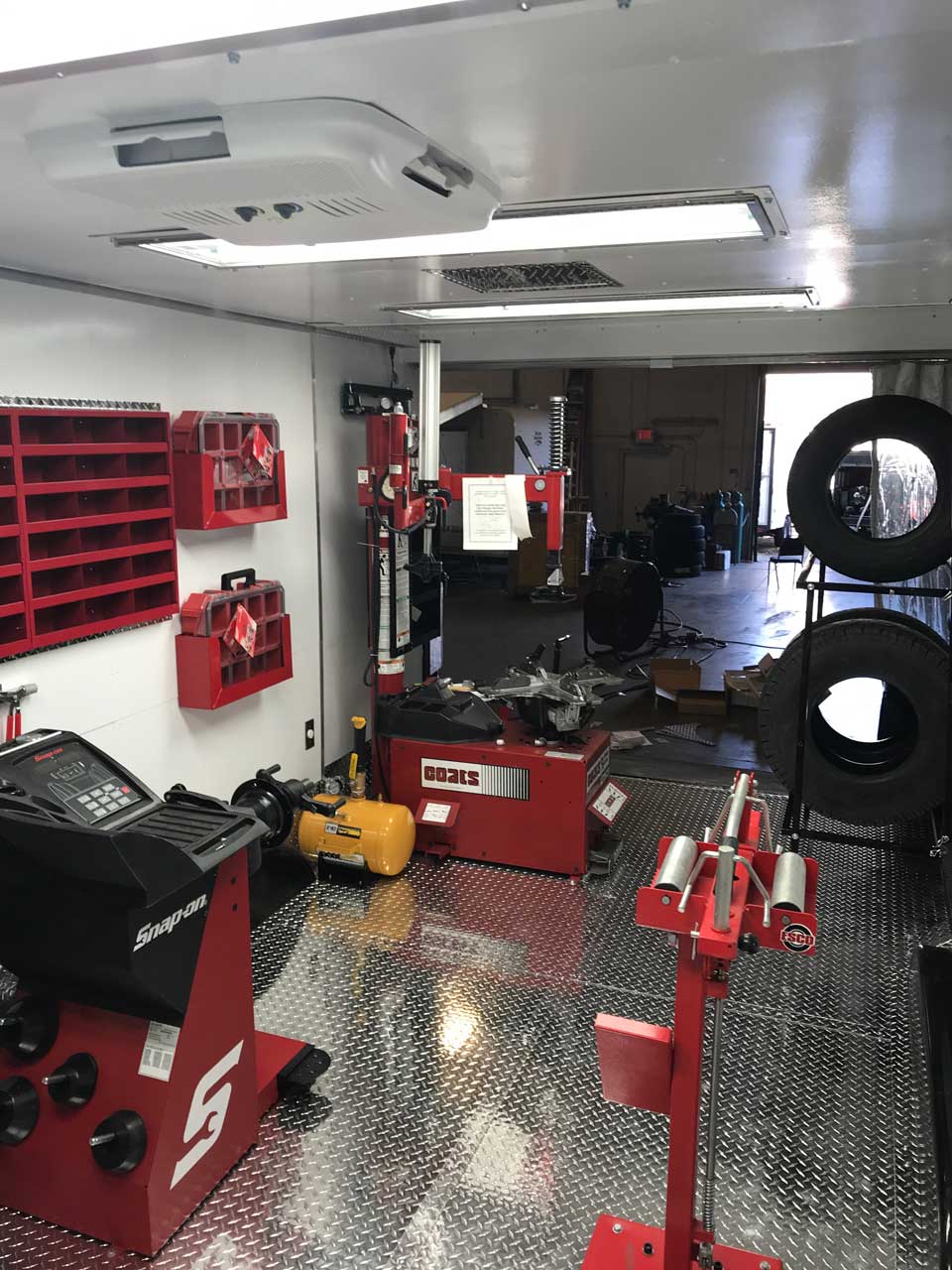Drive with Confidence: GMC Tires Service at Morris Tires
Drive with Confidence: GMC Tires Service at Morris Tires
Blog Article
Tire Solution: The Influence of Climate Problems
When it comes to guaranteeing optimum efficiency and security when traveling, understanding the effect of climate condition on tire service is important. From scorching heat to icy roadways, each weather condition element can considerably affect tire performance and overall driving experience. By diving right into the results of varying weather on tires, chauffeurs can get important insights that may boost their automobile's performance and long life. In this discussion, we will certainly discover the intricate partnership in between weather conditions and tire solution, clarifying the value of weather-specific tire upkeep practices and considerations.
Warmth and Tire Performance
When exposed to high temperature levels, tires experience modifications in efficiency that can dramatically affect vehicle safety and security and handling. The warmth generated from long term driving or hot weather condition conditions triggers the tire rubber to soften, leading to reduced walk life and enhanced wear.

Winter Results
Cold climate problems can have a considerable effect on tire performance and safety. As temperature levels decrease, tire rubber can harden, bring about lowered traction on icy or snow-covered roads. In cool weather, tires may also lose atmospheric pressure a lot more rapidly, which can affect handling and fuel effectiveness. In addition, cool temperature levels can cause tire sidewalls to stiffen, boosting the threat of damage from splits or other roadway threats.
To mitigate the results of cool weather on tires, it is vital to consistently inspect tire stress and inflate them to the supplier's suggested degrees. Utilizing winter or all-season tires developed for winter problems can likewise enhance grip and hold on icy or snowy roadways. Appropriate tire maintenance, including normal examinations for wear and damages, comes to be a lot more critical throughout cooler months to ensure ideal performance and security.
Rainy Conditions Impact
During stormy problems, tire performance and security can be significantly influenced by the wet roadway surface areas and decreased visibility. The tread pattern of tires plays an important function in keeping grip on damp roads. Tires with worn-out footsteps are a lot more vulnerable to hydroplaning, where a layer of water accumulates between the tire and the roadway surface area, resulting in loss of traction. To battle this, vehicle drivers must frequently evaluate their tires for a knockout post appropriate step depth and consider purchasing tires specifically developed for damp problems.
In addition, stormy weather can also reduce presence, making it testing for motorists to see the roadway in advance plainly (GMC Tire Service). In such problems, it is necessary to adjust driving rates as necessary and maintain a secure following range to permit unexpected stops. Properly inflated tires can additionally help in keeping control on wet roads by providing much better handling and grip
Snow and Tire Safety
When driving in snowy conditions, having the ideal tires can make a substantial distinction in safety and security and performance. Wintertime tires are created with special rubber compounds and tread patterns to provide better traction on snow and ice contrasted to all-season tires.
It is vital to follow supplier instructions when installing and making use of tire chains to prevent damages to the tires and car. By selecting the ideal tires, keeping appropriate inflation, and taking into consideration additional traction aids like tire chains, motorists can enhance their safety when navigating snow-covered roads.
Weather-Related Tire Upkeep
When faced with different weather, correct tire maintenance ends up being an important element of automobile safety and efficiency. Weather-related tire maintenance includes a range of practices intended at ensuring ideal tire feature and durability in various climate situations. One key element of weather-related tire maintenance is tire stress regulation. Rising and fall temperatures can create tire pressure to vary, affecting grip and gas performance. On a regular basis inspecting and adjusting tire stress according to producer referrals is crucial for secure driving in changing weather conditions. Additionally, tire step depth plays a considerable duty in taking care of different weather condition aspects. Tires with ample walk deepness provide far better grip on wet or icy roadways, minimizing the risk of hydroplaning or skidding. When walk wear reaches a particular deepness is crucial for keeping grip and stability in unfavorable weather condition, evaluating tire walk routinely and replacing tires. By prioritizing weather-related tire maintenance, motorists can boost safety and security, improve car performance, and extend the lifespan of their tires.
Verdict
In verdict, climate problems have a significant effect on tire efficiency and safety and security. From heat influencing tire stress and use to chilly climate minimizing grip, it is crucial to think about the climate when preserving and making use of tires.
In this conversation, we will discover the elaborate relationship in between article weather condition conditions and tire solution, dropping light on the relevance of weather-specific tire maintenance methods and considerations.

Report this page